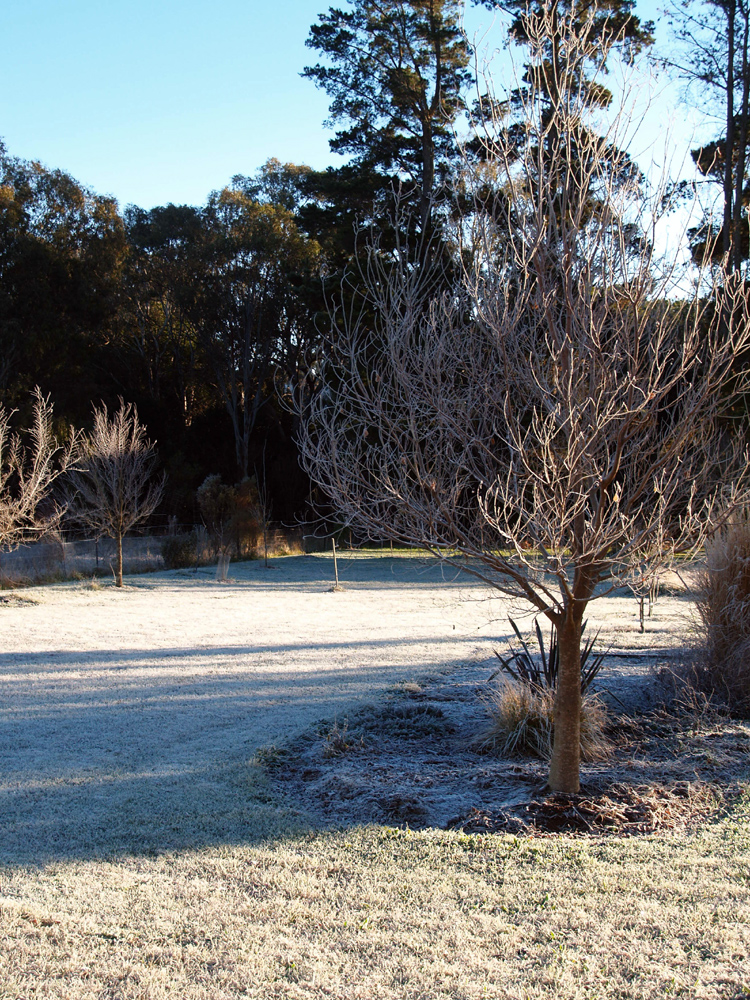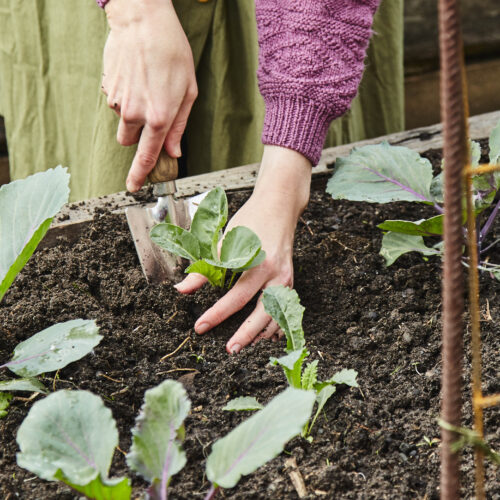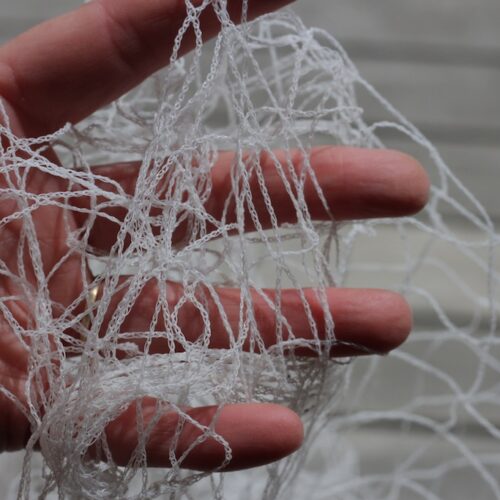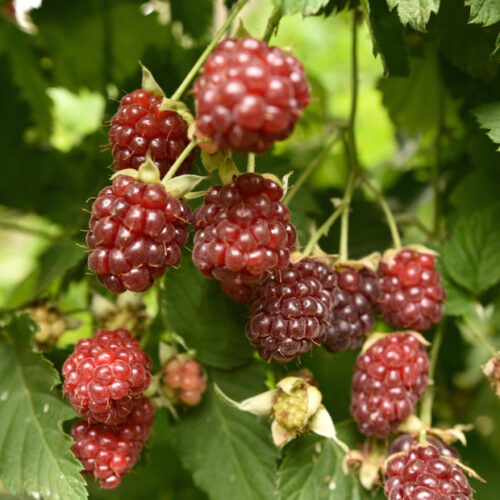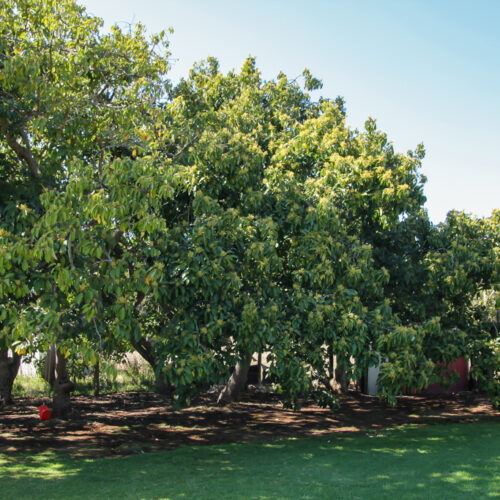Jobs for July
2013-07-01T04:05:38+10:00
The coldest month of the year is upon us, but JUSTIN RUSSELL says that this is no excuse to avoid getting outside. Here’s his tips for what to do in the July garden.
-
July is the coldest month of the year in most areas and frost is common throughout temperate and arid districts on still, clear nights. Protect vulnerable plants by covering overnight with shadecloth, hessian or horticultural fleece. Drain hoses to prevent freeze damage to nozzles and other fittings.
-
Dig green manure crops into the soil toward the end of the month and allow decomposition to occur for about a month before planting. If conditions are dry, water green manure beds to gain the maximum benefit from crop and speed up decomposition.
-
Snails and slugs are rampant during mild, wet weather. Give them the flick by sprinkling non-toxic bait around seedlings, make protective rings from copper tape (available from nurseries and online), spray a mix of one part strong coffee to three parts water on vulnerable plants or try drowning the blighters in beer traps.
-
Possums, flying foxes and other native animals can get particularly hungry during July and will devastate crops if given half a chance. Protect your plants (and the animals) by using fine weave exclusion netting such as light shadecloth or “vege net”.
-
In the subtropics and warm temperate areas, loquat trees provide a winter breeding ground for fruit fly by virtue of their very early fruiting habit. Use spinosad based lures to attract and kill the fly, and clean up any fallen fruit to break the breeding cycle.
-
Once you’ve finished winter pruning deciduous fruit trees, spray the trunk and bare branches with lime sulphur to help clean up any overwintering pests and fungal spores. Don’t waste the prunings. If they’re long and straight use them as stakes, or cut them into 20cm lengths to be used as next winter’s kindling for wood fires and food smokers.
-
If you heat or cook with wood, recycle the ash by using it as a soil conditioner. Hardwood ashes contain calcium carbonate and potassium carbonate and can be used as a substitute for lime and potash. Apply at a general rate of about one handful per square metre.

